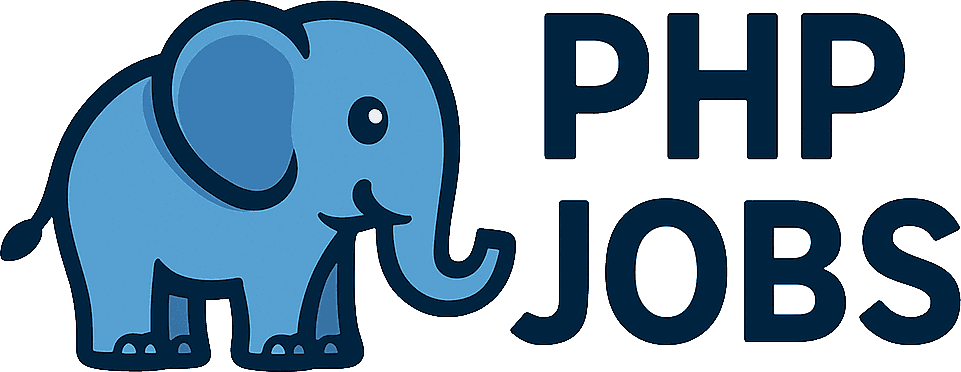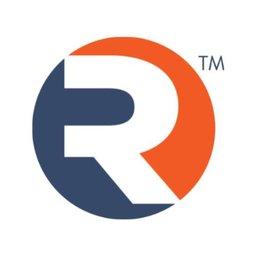Firewall
In the context of PHP developer jobs, firewall knowledge refers to understanding how network and application security systems protect a web application from unauthorized access and malicious traffic. While a PHP developer may not be a dedicated security administrator, they are expected to have a working knowledge of how firewalls impact application performance, deployment, and security.
A firewall acts as a barrier, monitoring and controlling incoming and outgoing network traffic based on predetermined security rules. For a PHP application, this can mean a server-level firewall blocking unused ports or a Web Application Firewall (WAF) inspecting HTTP requests for common threats like SQL injection and cross-site scripting (XSS).
Types of Firewalls in a PHP Stack
Developers often interact with several layers of firewalls throughout the development and deployment lifecycle.
- Network Firewalls: These operate at the server or infrastructure level, like
iptableson Linux or security groups in cloud environments (AWS, Azure, GCP). A developer may need to request that a port be opened for a new service or API. - Web Application Firewalls (WAF): A WAF, such as ModSecurity or a cloud-based service like Cloudflare, is designed specifically to protect web applications. Developers must write code that does not trigger false positives and understand how WAF rules can block legitimate requests.
- Application-Level Firewalls: Some frameworks, like Symfony, include security components that act as a software firewall, controlling access to routes and resources based on user roles or IP addresses.
Developer Responsibilities
A PHP developer should understand how to build applications that work seamlessly behind firewalls, troubleshoot connectivity issues, and write secure code that complements the protection offered by a WAF.


